"I feel like my entire world-view has been changed"
Sebastian wrote this at the end of his third year studying Classics (3 year course) here at Christ's College, Cambridge. He did his A levels in Essex in the east of England.
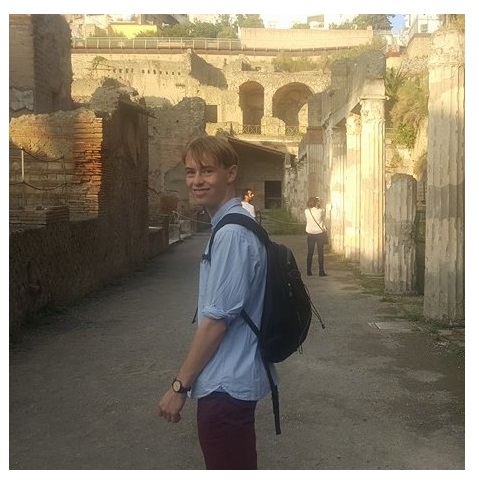
How easy did you find it to choose a university course?
Once I decided on Classics as my subject, I was set on Cambridge fairly quickly. But before that, I fretted over whether to take History, or English, or mixed courses like Liberal Arts at Durham and UCL, or Classics and English or Classics and History offered at Oxford. The Cambridge Classics course was kind of a compromise, because I could study literature and history together in a single degree, and it was larger and more well-established than some of the mixed courses.
Once I’d made the choice of subject, it was fairly easy to choose the course. For Classics, simply put, Cambridge is the best place in the country, and has topped the UK university rankings for the last eight years now. Oxford isn’t far behind, but their course is much more traditional and less flexible. The Cambridge Classics Faculty prides itself on changing things up every couple of years, which results in a very dynamic course. While the Oxford course is very heavy on the language and literature, at Cambridge you can also delve further into Art History, Archaeology, Philosophy, Linguistics and History too, and take papers from other faculties (e.g. the History of Political Thought paper from History, or the Tragedy paper from English). From what I gather, you get a lot more choice than for Literae Humaniores (Classics at Oxford), and study material from far broader a base than the traditional canon. The Cambridge Faculty is innovative and world-leading, and, of course, supervisions are an unparalleled mode of teaching. In my experience at least, the discussions I’ve had and the feedback I’ve received from supervisors is a big part of what’s made studying here so special.
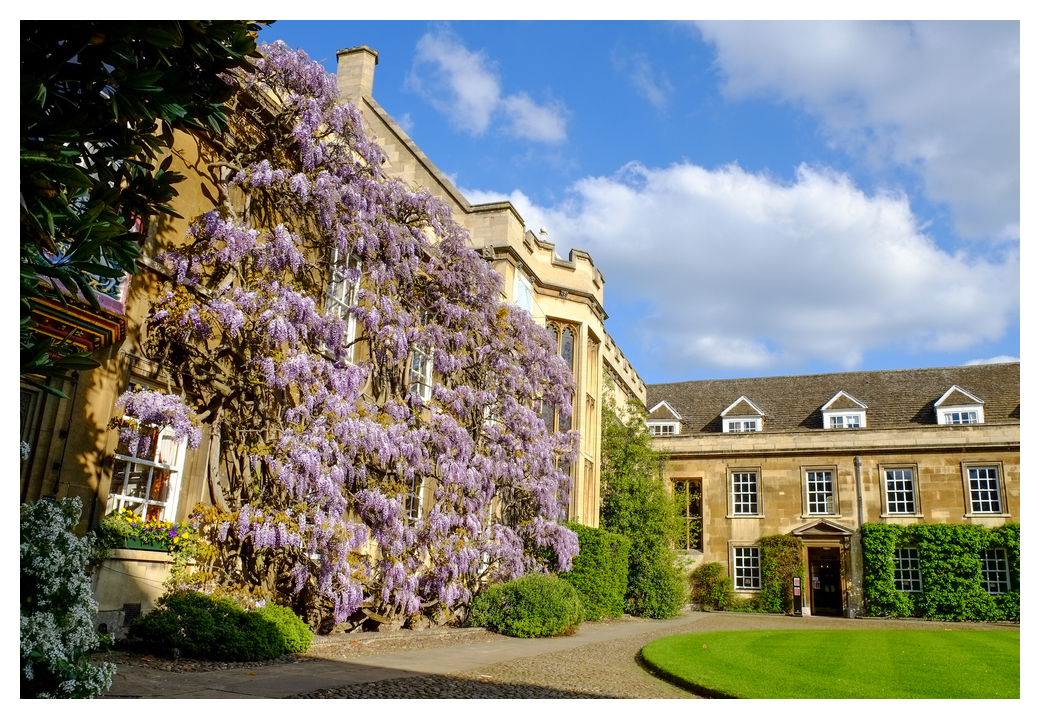
Why did you choose Christ's as your College?
I chose Christ’s for its size (not too small as to be claustrophobic, not so large as to be anonymous), its location (an easy distance from the Classics Faculty on the Sidgwick site, and about as central as you can get in town), its accommodation (in College for three years of undergrad, besides the fun little community a minute’s walk away on Jesus Lane for half of the students in second year), its prettiness (an old and heritage-filled College with beautiful gardens, but not so grand as to be over-imposing and touristy), and its high-calibre fellows for Classics (Carrie Vout, a senior, driven and highly capable Director of Studies, with links to great supervisors at John’s and King’s; Henry Spelman, an enthusiastic young fellow (Christ’s is very unusual in having a permanent junior fellowship in Classics); and philosophy big guns David Sedley, former Leventis Professor of Ancient Philosophy; and Gabor Betegh, current Leventis Professor of Ancient Philosophy). In a toss-up between similar medium-sized old central Colleges like Emma and Clare, after much agonising, I went for it after looking round and liking the feel of it.
Has the College lived up to your expectations?
Absolutely! I wasn’t aware quite how good it was for Classics in particular when I applied, but since I’ve come I’ve certainly not regretted it. Most people are obviously going to grow very attached to wherever they go, but I’m very pleased I ended up at Christ’s. The friends I’ve made are far closer than those at school, and I feel like my entire world-view has been changed – sounds hackneyed to say, but it's been a brilliant environment in which to develop as a person, meeting fascinating, supportive people. It’s been a wonderful three years, and I look forward to being back next term to study for the MPhil in Classics.
What advice would you give to sixth formers considering an application for Classics?
Try to make yourself stand out beyond simply how well you’ve done in exams and how you've followed the syllabus at school. For Classics, those judging the application will know you’ve read the prescribed set-texts and learned the A-level / IB / equivalent course, and want to see your engagement with the subject in other ways. I personally found doing an Extended Project Qualification a really good way to get some more in-depth knowledge of a particular area, and read some academic writing that I hadn’t seen much of in the classroom. Read widely is the best possible advice for Classics – broaden your knowledge of ancient texts, and have an opinion about them. Visit museums if you’re interested in art and archaeology, or read more of a particular poet or philosopher, or about a particular period of history. Read new books out about Classics in particular, compare translations if you’re interested in that, and give your take on whatever area you’re especially interested in. If you’re able to challenge opinions and come up with your own interpretations relating to important issues surrounding the subject, that will really help you to engage with the material. When I was applying, I found Mary Beard’s Confronting the Classics a great introduction into lots of contemporary debates in scholarship (it’s basically a series of essays compiled to give an idea of how Classics is developing today). But see what you can find in the Classics and Ancient History section of any large bookshop!
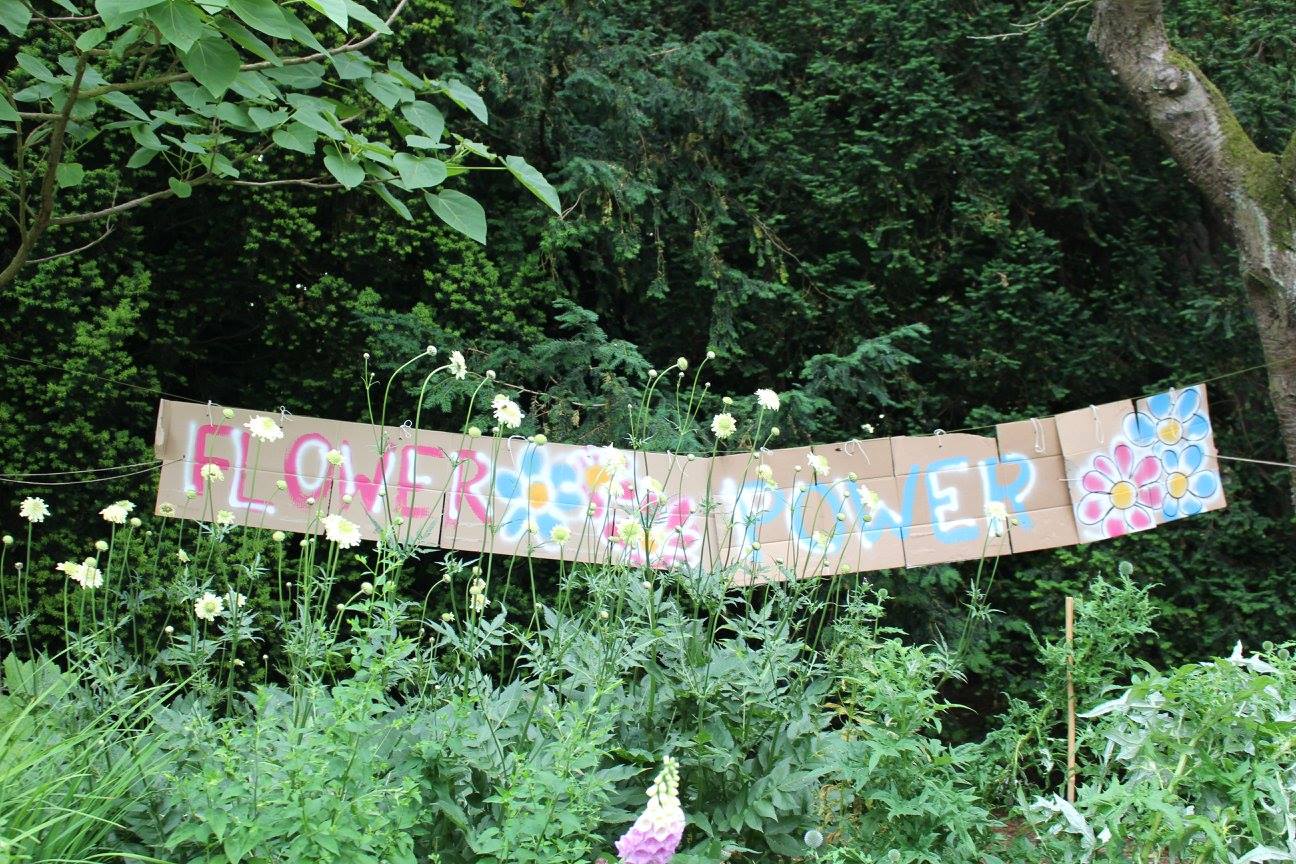
How have you found your final year different to first year Classics?
First year stands out in the Classical Tripos in that they allow you to do a bit of everything – you get to try out writing essays on Philosophy, Art History, Archaeology, Linguistics and History, besides Literature as the core. After the first term, you pick two of these to continue (I chose History and Art History). I found my understanding of Classics transformed, and broadened far beyond what I learnt at school. For the most part, first year is something of a baseline year, to get everybody up to a similar standard, regardless of what they had on offer at school.
Final year is very different because you can choose from a huge range of courses (unlike first year where most people will be together in larger lectures). These tend to be much more open-ended and challenging – some combining different disciplinary approaches – since by this point you’ve built up that basis of knowledge of the ancient world, and are becoming very proficient in both Greek and Latin. You have more choice in what you study within whichever papers you do, and more opportunity to draw on the sum of your knowledge to go beyond preconceptions about the ancient world.
What papers did you study this year?
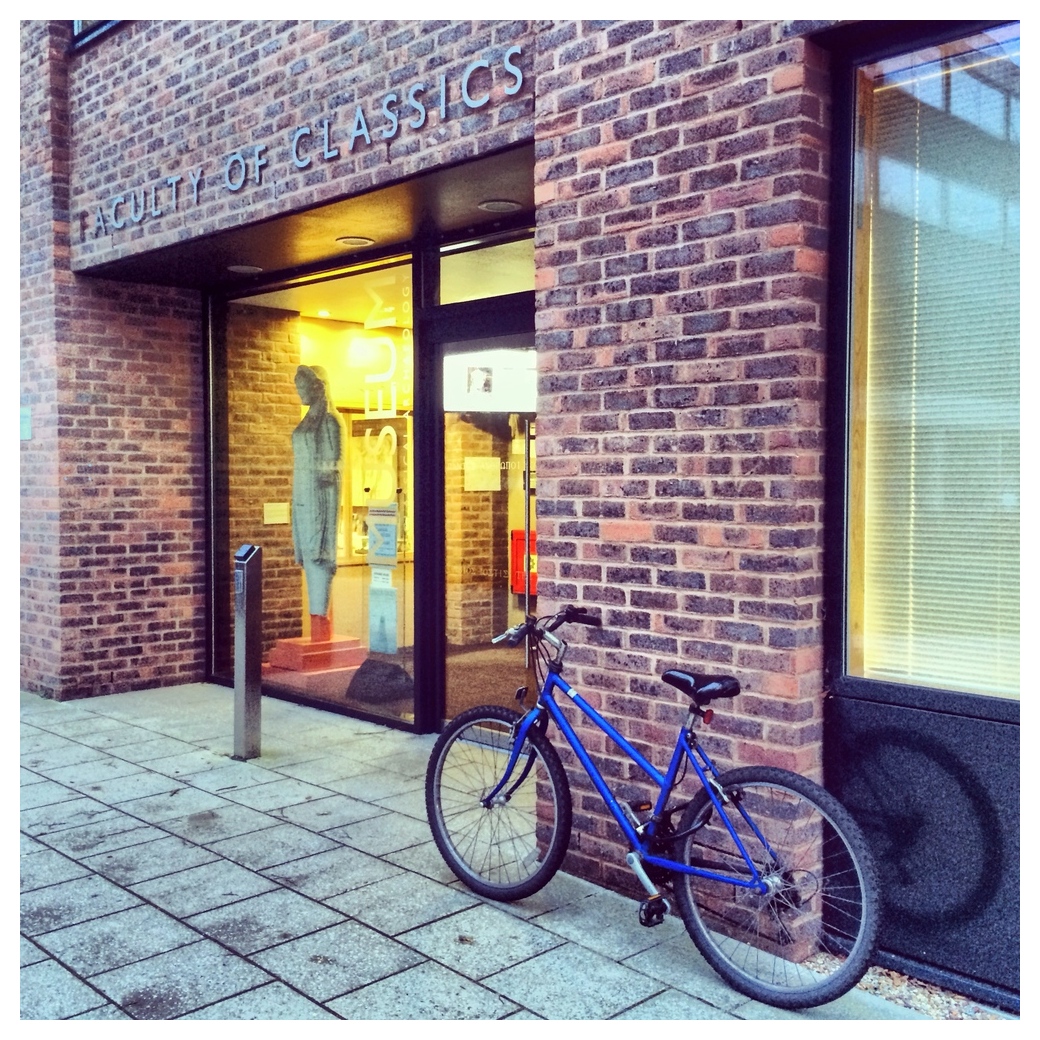
Credit: Sir Cam
This year I've taken three papers. Only one of these is entirely literature-based: 'Apollo and Dionysus in Greek Literature', which looks at the basis for the characteristics of the two gods; the relationship between literature and myth or else 'real life' religion and cult; the mysteries surrounding Dionysus; and the ambiguities of both gods (reading lots of Pindar, Callimachus, Theocritus, Homeric Hymns and Euripides, and Aristophanes' Frogs and Sophocles' Oedipus Rex - a broad spread of Greek literature!). I think it's a great idea for a course, examining the presentation of the two gods juxtaposed by Nietzsche as the fundamental forces acting on the world: the Dionysian, group-instinct ecstasy, and the Apolline individualising order and rationality.
The second paper I took was a new course called 'Beyond Classical Art'. This was an art history course which asked questions like What is classical art? Why has it had such a pervasive cultural influence (e.g. on what the ideal body looks like)? What about all the other material culture from the ancient world that isn't a marble statue or a Greek vase? How can we talk about shared styles for objects found across an enormous swathe of empire? Should we give more agency to indigenous styles, or to a shared ‘Roman’ or ‘Greek’ notion of art? This involved museum visits, and the chance to study art works from places lesser associated with the Greeks and Romans, from Greek-influenced Buddhist statues in Afghanistan, to Roman pipe-clay Venus figures found in Northumbria!
My third paper was called 'Being Human: Ancient and Modern Perspectives': a massive interdisciplinary paper, comparing ancient and modern ideas about anthropogenesis, the self, education, humanism, theodicy and human suffering, metamorphosis, dehumasiation, hybrids, the posthuman and transhuman. A very, very interesting paper, allowing you to bring in a huge range of material (you could talk about Blade Runner in the exam, for instance!). The course basically looked at how much bearing Greek and Roman cultures have on our conception of the human throughout history. For example, a question up for grabs in a seminar might be on whether humanity is ‘defined by the act of transgression’, and we'd examine Prometheus, Pandora, Genesis 1-3, various Near Eastern creation myths, but then also the trope of 'playing god', 'more human than human' which reverberates through western culture, right up to contemporary treatments of cyborgs/androids/robots. A fascinating, if ambitious and broad-ranging course.
Rather than taking a fourth paper, I opted to write a 10,000-word thesis (a very popular option, since you don’t have to sit as many exams, and you can do it on absolutely anything you like!). The idea for my thesis was born from my time volunteering at a National Trust property called Ickworth last summer. After admiring the two-metre high terracotta relief sculptures running around the rotunda of the stately home, depicting the narratives of the Iliad and Odyssey, to my surprise, I discovered that nothing at all had been written, let alone published, about them, so I decided to do a bit of visual analysis and put them in their context (they were created at a time when relief sculpture was gaining a new importance and association with monumentality, as the Parthenon Marbles were shipped to Britain). My thesis was on what’s known as classical reception, specialising in nineteenth-century sculpture, through the angle of the relationship between art and text. This involved looking at why the house’s patron had chosen certain scenes from the two poems, and looking at what it meant for the sculptures to represent a poem in three-dimensions, and then put it on the side of a house!

What was the most interesting thing that you worked on this year?
A difficult question. I probably enjoyed the ‘Being Human’ course the most. One essay I really liked looked at human vulnerability and the power of images; why are we moved by pictures of people in pain? It's a morbid subject, on the face of it, but really interesting if you look at some of the neuroscientific or sociological interpretations of our capacity for empathy, and just how images can prompt this. I had to compare images ranging from ancient statues and paintings of the injured or vulnerable, to stills from Django Unchained, to pictures from the press of the migrant crisis. The question didn’t just cover gore and bloodshed, and our instinctual reaction to that, but how exactly and why we notice and react to suffering in our fellow creatures.
How have your methods of organisation changed over your time here?
Across my time at Christ’s, I’ve found that I’ve grown so so much faster and got more efficient at doing everything – reading, translating, note-taking, essay-writing. At the start, it felt like a massive step up from A-level (it felt like I was writing an English coursework essay every week…), but you learn that it’s impossible to be comprehensive in the way that you could be with a school syllabus, and that part of the joy of university-level arts subjects like Classics is how open-ended they are. Your language knowledge will improve to the extent that you no longer have to revise it, and it simply becomes a means to an end (eventually!), and you become more confident in challenging what you read in the secondary literature. I’m not sure that I can articulate exactly how I organise my work, only that you get better at pulling together material to write essays, and managing work and play, getting used to deadlines and contact hours, and spending time with wonderful friends!
"Across my time at Christ’s, I’ve found that I’ve grown so so much faster and got more efficient at doing everything – reading, translating, note-taking, essay-writing."
Have you managed to balance work with the rest of your life?
Not at the start of first year, since I felt rather overwhelmed by the workload. But as I got more confident and organised on the work front (not to mention having a firm set of friends), I branched out into seeing far more plays, going to talks, and getting involved in College life. I got involved in rowing in a big way, and ended up running the recruitment programme for the College and coaching over fifty novices, as well as captaining the College second crew for most of my final year. I’ve felt hugely spoilt for choice in terms of ways to spend my time, with so much going on and being organised by talented and driven people.
Overall, this year I've had a lot more time than in previous years, since I didn’t have to do all the language classes or supervisions anymore. Rather than having eight papers to sit, I had three, and then my thesis, which meant far fewer lectures to go to, and more choice over how I could spend my time.
What is exam term like?
Exam term is undeniably tough: exams aren’t a pleasant thing to do, and spending all your work time revising isn’t fun. But welfare support in College is good, and I find that people rally round each other to provide help if anybody is finding it particularly tough. Some people do get stressed (myself included), but friends will prop each other up, organise breakfasts together, put notes and chocolates in each other’s pigeon holes, and be open to a late-night reassuring chat if things are feeling difficult. My Director of Studies for Classics has been great too, reminding me that exams aren’t the be all and end all, and going above and beyond to check I’m okay on a pastoral level, besides making sure I was prepared to the best of her ability academically. Thankfully, in the end the exams did indeed go well!
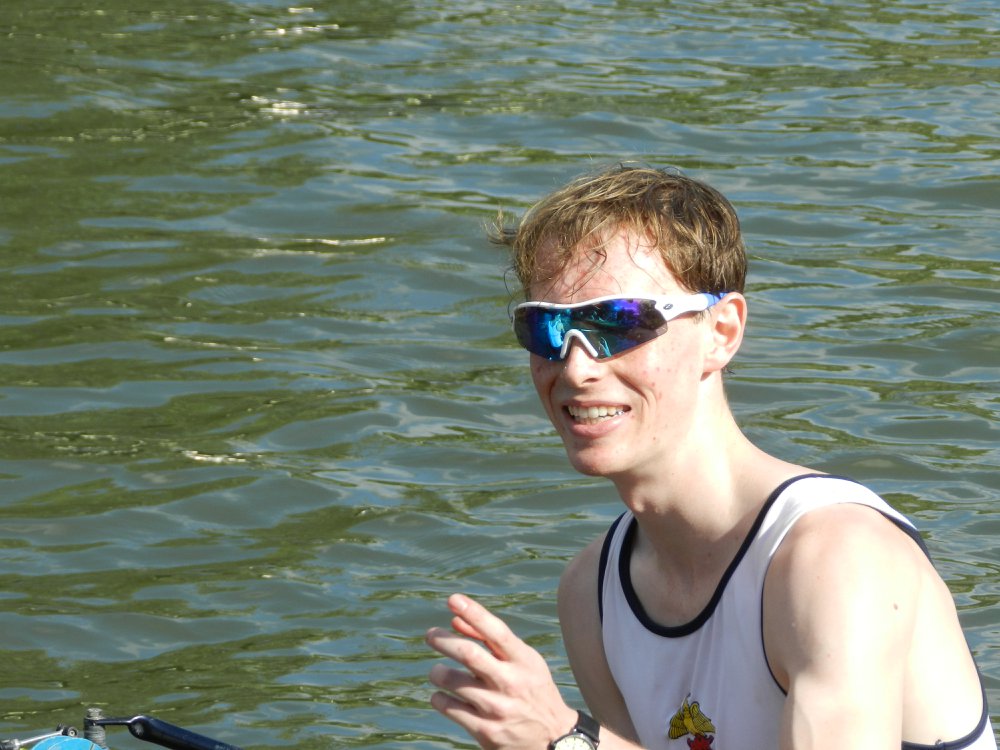
What have you most enjoyed about your time at Christ’s?
Ahh, tricky! Not to pin down anything specific, I’d say living and working with such an engaging and caring group of friends. The setting is wonderful, College is home, Cambridge is a beautiful and vibrant city, but of course it’s got to be the people who make the memories, cheesy as it sounds!
This year I had a gorgeous 'set' (two rooms), with my bedroom looking onto New Court, and my main room/study looking out of a dormer window onto Third Court and the Master’s Garden. A really special place to live (a lovely Georgian tiled fire-place, old beams, niches for books, a table with chairs to have meals round), which I shall miss dearly!
Did you receive any particular support from the College during your degree?
Thankfully, I didn’t encounter any significant problems socially, academically, or in terms of my health, besides some stress – which I feel most people get at some point – so I didn’t need to turn to the College’s pastoral or medical support during my degree. During the summer of my first and second year, I was fortunate to receive some generous travel grants from College to go to Italy, visiting Rome, Florence and Naples for the first time, and going on a fantastic undergraduate summer school at the British School at Rome. College were also helpful in subsidising the rent when staying on beyond term in the holidays on a few occasions, in order to complete work.
Where is your favourite spot in College and why?
Hmmm, probably right at the back of the Fellows Garden, with the pool to your left, the greenhouses to your right, looking down the garden between the Mulberry Trees. The whole garden feels like such a green oasis, away from all the concrete and traffic, but that bit at the back is particularly secluded and lovely. I have fond memories of watching A Midsummer Night’s Dream performed by the Christ’s Amateur Dramatics Society in those tranquil, idyllic settings in my first year, with fairies appearing from every direction and running together off stage in the background, as the summer evening light faded, and eerie music crept through the air.
Did you take part in any particular activities / events once your exams were over?
Having a ball in Christ’s itself this year was certainly special, given that virtually the whole College is there, and you get to see the place where you live so marvellously transformed. Besides that, punting to Grantchester felt blissful, particularly swimming in the river Cam in the end-of-term heat, after picnicking on the meadows. We had some great film nights and big meals together back in College too, and far too many late nights so our body clocks were thoroughly confused! Simply swimming in the Christ's pool in the Fellows' Garden and sunbathing on the grass was lovely too.
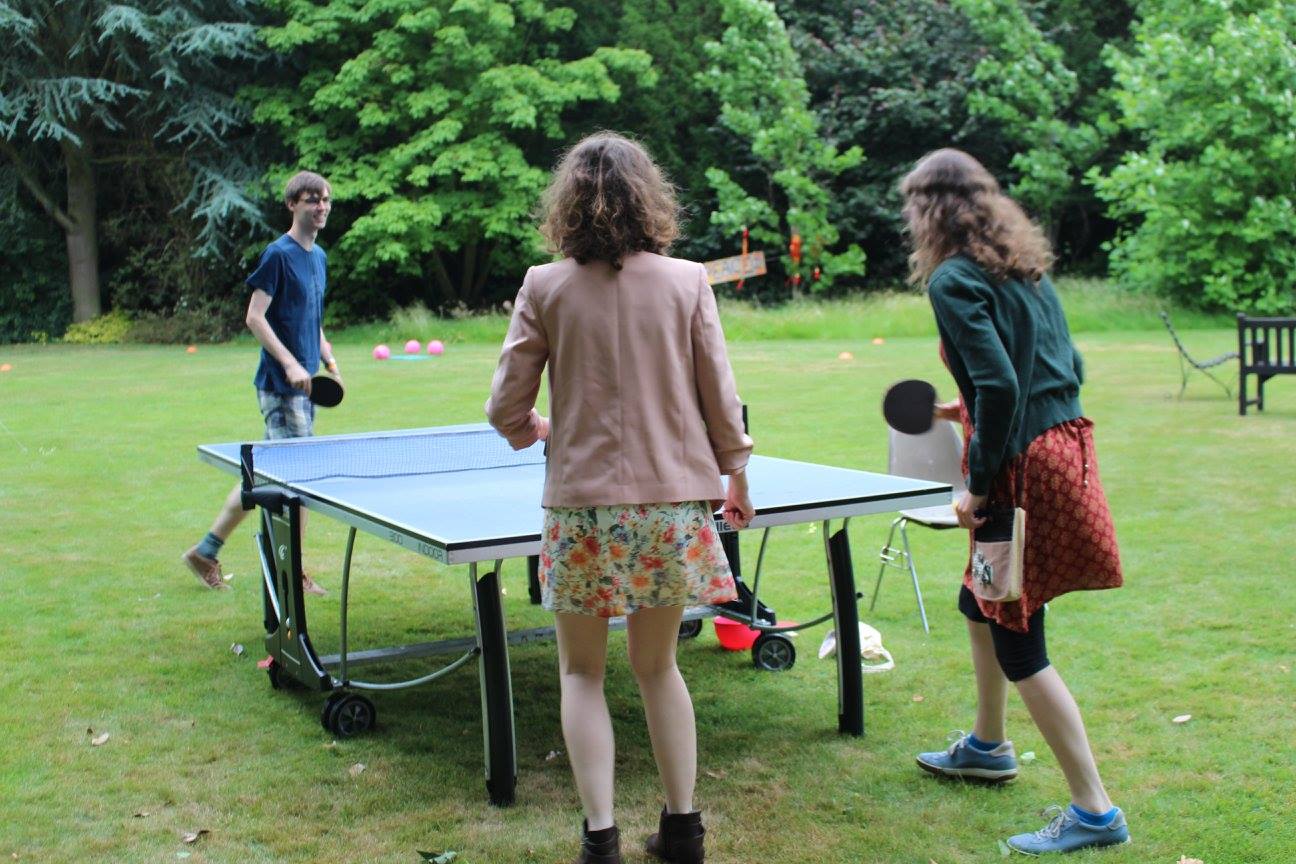
Looking back over your time at Cambridge, what do you feel like you have gained from being here?
Well. Academically, my entire intellectual world and what I thought Classics was has been transformed. The way I think, the way I write, the way I look at objects, the way I argue, the sheer amount of material I’m now familiar with… Socially, I’m much more confident than when I started – more content with where I am physically after two years of rowing, and mentally with such a loving and happy group of friends. Generally, my experience of people has expanded, meeting individuals from a variety of backgrounds, who’ve come to study from all over the world, and lots of different ideas and perspectives. A cliché, but it’s been a time of self-development.
What are your fondest memories?
A very difficult question. So many moments with friends to choose from! So many parties and dinners and outings and encounters. To give the example of quite a common social occurrence, going round to someone’s room late in the evening for tea and a chat after work before bed, losing track of time, and staying up into the early hours talking about each other and the world. And then quietly walking down the corridor or across the court back to your room.
Is there anything you would change about how you tackled life here?
In hindsight, in first year I would have made much more of an effort to get to know people better, and spend less time shutting myself away with work. The more I got to know people, the more time I spent socialising and trying to expand my group, the more I enjoyed myself, the better friends I made. Once I’d found my feet socially, second and third year were more enjoyable, I reckon. To some extent I regret not pushing the boundaries further, and making more social connections beyond College, but that can be hard to do with such a hectic schedule, and – fundamentally – so little time here.
What will you miss most about Christ’s?
I’m sure this will be a very common answer but – without hesitation – the people. It’s unavoidably sad now people are graduating and making their way into the real world, though we’ll be doing our utmost to keep in touch. I feel that the friendships I’ve made here are far stronger than those which I made at school, by the virtue of the fact that we’ve lived together, supported each other through the ups and downs, generally been through a lot as quite a tight knit group. Quite emotional to say, but I’ve really grown very attached to some of the most engaging, open and caring people I’ve ever met.
"I feel that the friendships I’ve made here are far stronger than those which I made at school, by the virtue of the fact that we’ve lived together, supported each other through the ups and downs, generally been through a lot as quite a tight knit group."
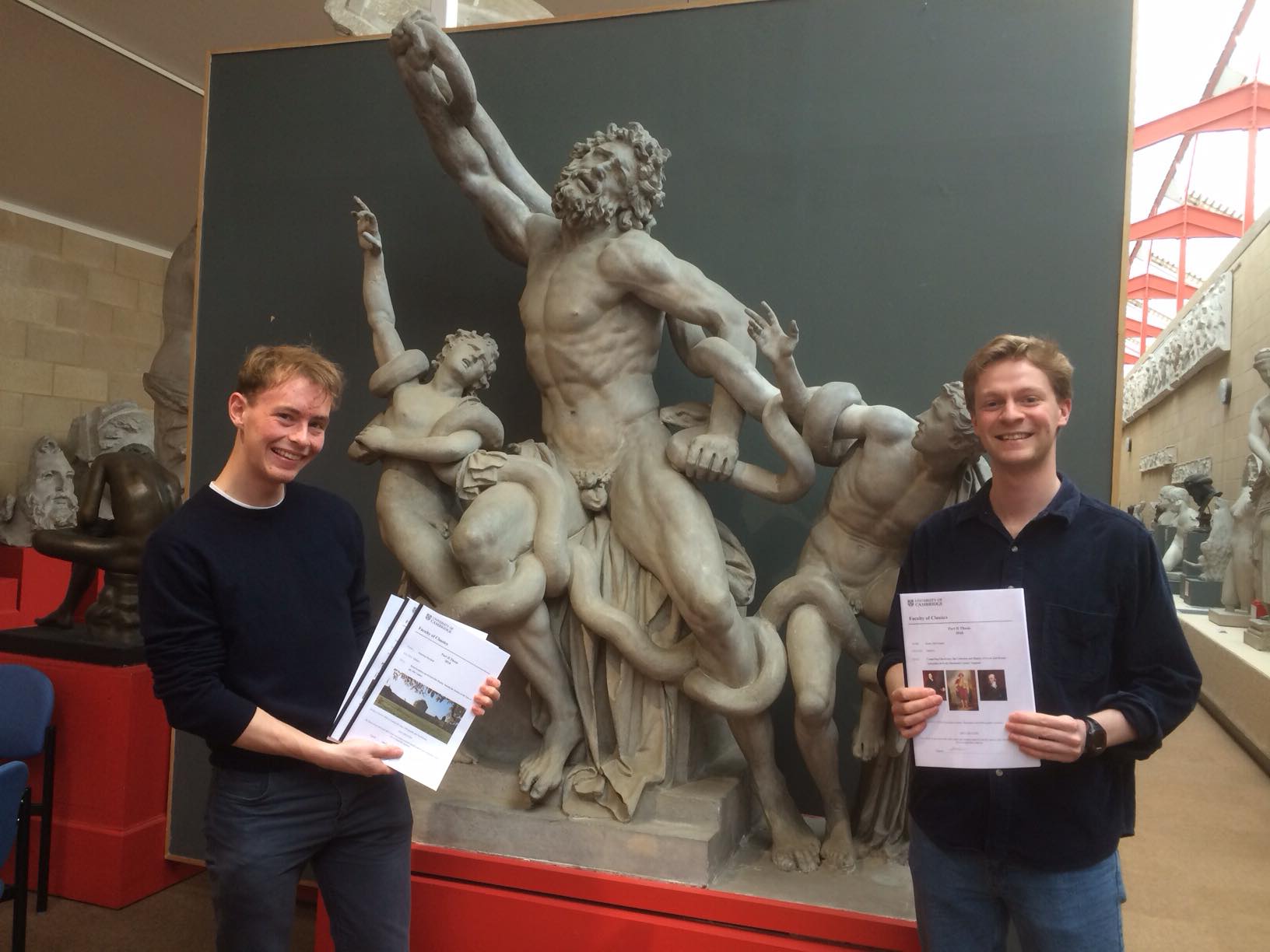
Do you have any plans for what you’ll do post-graduation?
Cambridge has a pretty good Careers Service. They run panel-based Q&A sessions throughout the year with senior people from a huge range of professions, employer-led recruitment events, all sorts of career fairs for different industries, and they coach you how to write CVs and cover letters, and provide interview practice sessions. They also give bursaries to help with internships and holiday work, and have a fantastic website where loads of special opportunities and positions are advertised, especially for Cambridge students. They also have a database with a massive range of alumni to contact, not to ask for positions or favours, but for advice and the opportunity to chat about how they got to where they are. I never really had much idea what I wanted to do before Cambridge, and am essentially staying in academia for the moment, but the goal is to try and break into a museum/gallery/heritage career beyond my studies.
Now, I have an offer to study for the Cambridge MPhil in Classics, so I'm staying at Christ’s for another year! Beyond that, some of my supervisors are pushing me towards a PhD, but I think I’ll take stock and have a year out before going onto that. The dream would be to find a job in museum curation, where I could apply what I’ve studied academically (and hopefully what I’ll be researching as a postgrad), but also have a public-facing job, and the chance for a really varied and creative work place, designing exhibitions and reworking collections. But that’s a long way ahead of me still. For now, more time at Christ’s!
"The dream would be to find a job in museum curation"
Do you know what others in your year in your subject are planning to do?
All sorts. Quite a few are going into law, some are training to be teachers, some have been chasing consultancy positions, some are doing postgrad courses like me (some at Cambridge still, others at places like the Courtauld, or at universities abroad), some want to go into journalism, some are going for a Masters in Management with a view to a city career, some want to work for the university (in admissions, or with College development offices for instance), and some are still unsure.
July 2018
Please be aware if you're considering an application that our student writers describe their experiences. Although the majority of the information stays the same, some details may change from year to year. Do read the student profiles in combination with our undergraduate admissions pages for full information.
Back to Student profiles page / Classics at Christ's / Next: Emma's Profile
